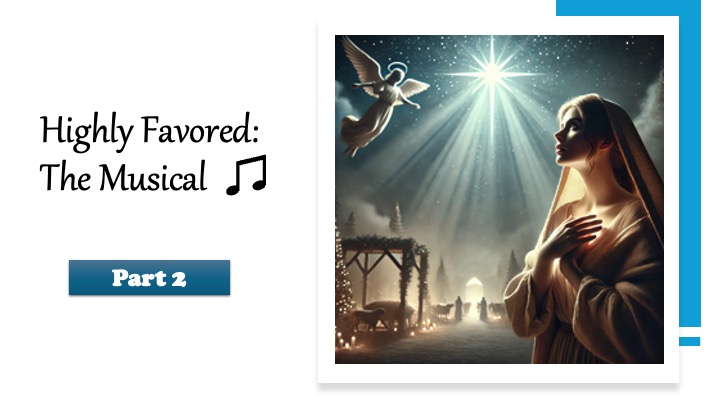The traditional Greek title of the letter ‘to Hebrews’ goes back at least to the late second century. Many modern writers think that the author had mainly Jewish-Christian readers in mind. As to the precise location of this group or church we cannot be sure. It is probably safe to assume that Hebrews was written in the second half of the first century. There are several important themes in this book: God’s word is of primary significance in the life of every Christian believer. We are directed to the work of Christ in Hebrews 7–10, contrasting the priesthood and sacrifices of the old covenant with Christ. Jesus came into this world as the perfect revelation of God’s mind and message. In an age of religious pluralism this letter directs us to the uniqueness of Christ’s redemptive work. Hebrews has a vigorous doctrine of the Christian life, dealing with apostasy (falling away) and the need to persevere.
The letter to the Hebrews makes clear that only one Person deserves to hold the primary place in our lives. While we are busy idolizing our move up the corporate ladder or placing all our hopes in our kids, Jesus offers us a better position, a better priest, a better covenant, a better hope, and a better sacrifice.
Scriptures referenced include Hebrews 10:32-34; Hebrews 2:1; Hebrews 6:1, 15; Hebrews 11:27; Hebrews 1:1-3; Hebrews 3:1-8, 12-13; Hebrews 4:12-16; Hebrews 9:22; Hebrews 10:18-22; Hebrews 2:11; Hebrews 10:10, 14, 29; Hebrews 13:12; Hebrews 10:5-7; Hebrews 1:8; Hebrews 2:8-15; Hebrews 5:7-9; Hebrews 13:8; Hebrews 11:1-40; Hebrews 12:22-29; Hebrews 5:1-9; Hebrews 7:24-26; Hebrews 9:28; Hebrews 1:4; Hebrews 6:9; Hebrews 7:19; Hebrews 9:23; and Hebrews 10:34.

Notes In Highly Favored: Part 2, the story deepens with the anguish and hope of Joachim and Anne, a faithful couple longing for a...

The main theme of the book of 1 Thessalonians is Jesus’ second coming. When he returns, the dead who have believed in Christ will...

We begin 2022 by reflecting on the importance of letting go of the past and pressing forward to the high calling from God for...